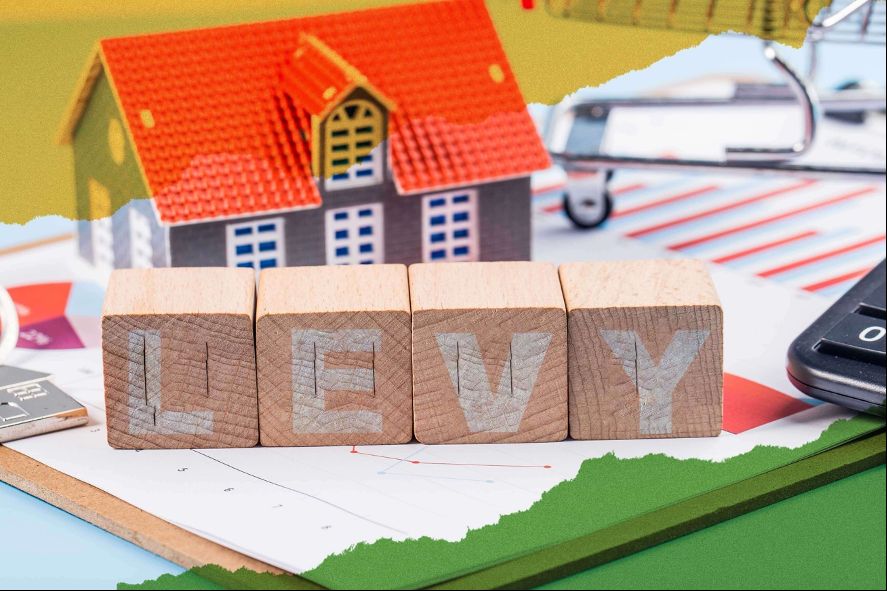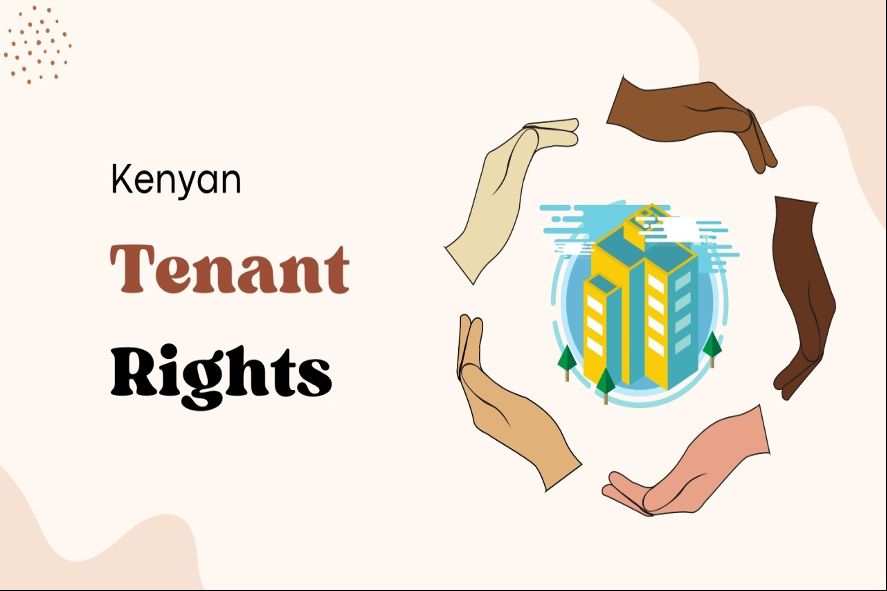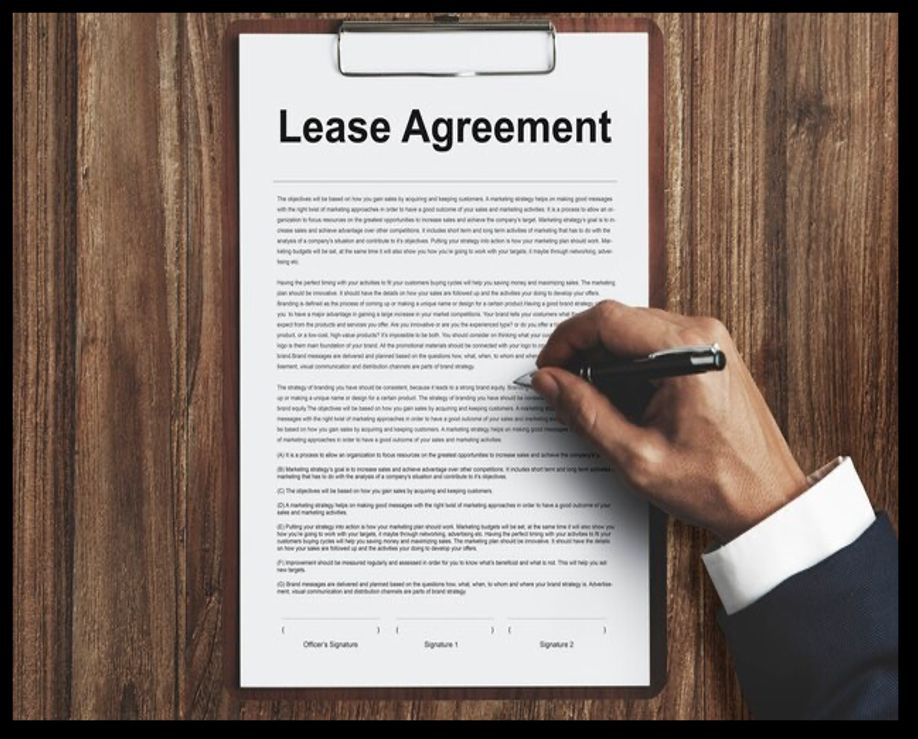If you’re curious about how the housing levy affects real estate in Kenya, you’re in the right place.
Understanding this levy is essential for anyone interested in home ownership or investing in the real estate market.
Let’s break it down together.
What is the Housing Levy?

First, let's clarify what we mean by levy. The housing levy is a compulsory contribution made by both employers and employees to help achieve affordable housing for Kenyans.
Recently, the Housing Levy Act 2024 reduced this contribution from 3% to 1.5%. This means that both parties contribute 1.5% of their monthly gross salary.
This levy aims to make housing more accessible while promoting employment opportunities and boosting our economy. So, how does this impact the real estate sector?
Let’s dive in.
Positive Impacts of the Housing Levy

One of the most exciting benefits of the housing levy is job creation. As funds are collected, they can be used to build new homes, creating employment opportunities for many people.
This growth in jobs also contributes to the economic growth of the country. With more jobs, we can see increased diversity in the real estate sector.
For investors, this is good news. As demand for affordable housing rises, there are more chances for property development. Investors can benefit from this surge in demand, leading to profitable ventures.
Challenges for Real Estate Investors

Now, it’s important to look at the flip side. While the housing levy has its benefits, it also presents some challenges for investors.
One major concern is market competition. Since the government is focused on providing affordable housing for the middle class and lower class, investors might feel pressure to adjust their projects.
For example, there may be less incentive to build luxury houses for the high class because the demand is lower in that segment.
This could lead to investment risks if investors focus too much on affordable housing and ignore high-end markets.
The Big Question: Does the Housing Levy Affect Investors?

Now you might be wondering: does the housing levy actually affect investors? The answer is a bit of both yes and no.
On one hand, the levy encourages investors to build more affordable homes, which can be a good thing.
However, it may also lead to stiff competition and discourage the construction of luxurious properties.
This might not seem fair to all investors, especially those focusing on higher-end developments.
Understanding Your Rights as a Tenant

If you’re considering renting or investing, it’s crucial to understand your tenant rights. Be sure to read your lease agreements carefully.
Knowing your rights can help you navigate the real estate market more effectively.



